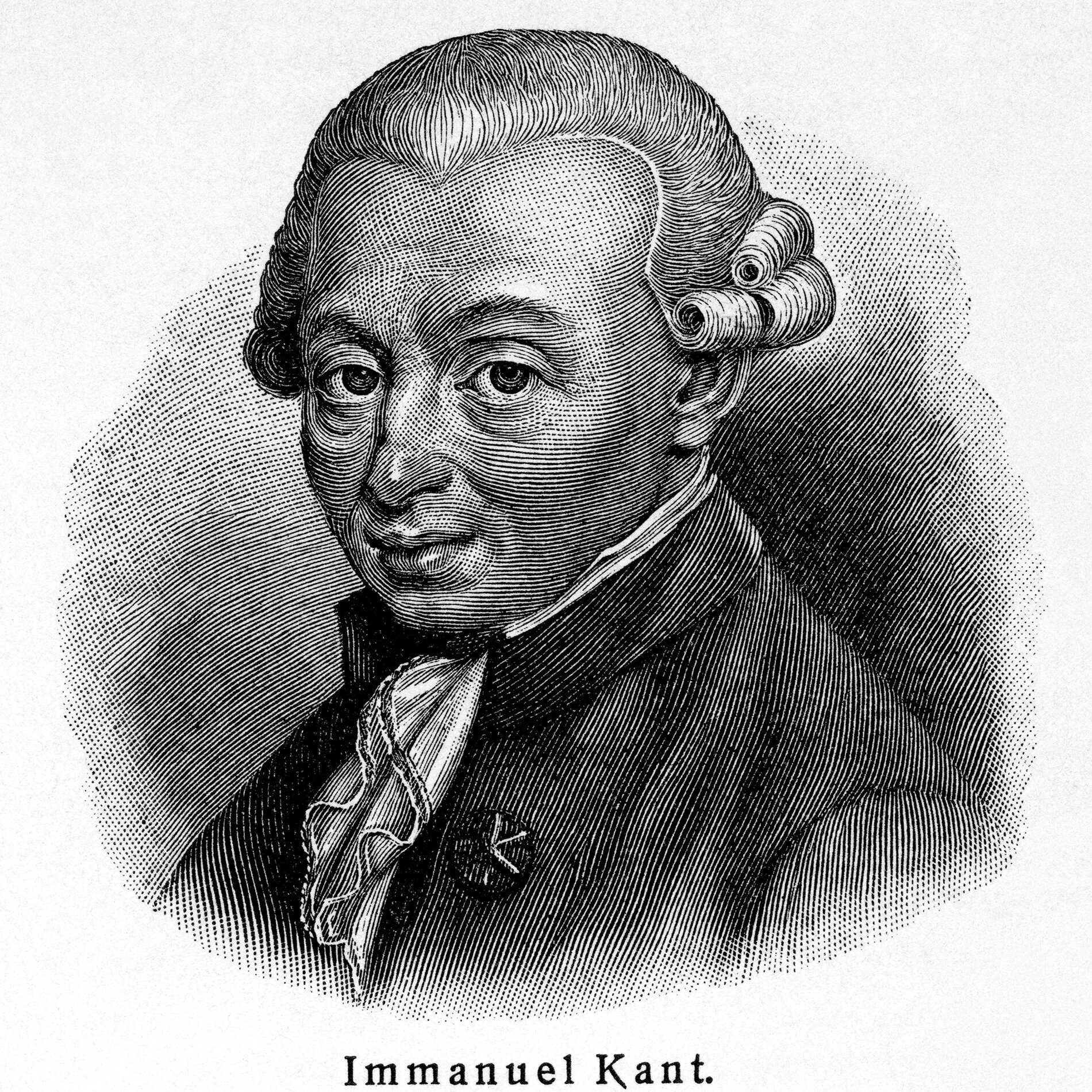Games as Art and Kant's Moral Dilemma: What Can Ethical Theory Reveal About the Role of the Game Designer as Artist? (2014)
Pursuing the transformative power of art through the media of games has led to exploring the connection of thinking with actions, or the study of ethics. Ethics is goal-oriented and has to do with thinking and actions, just like games. Every day we are vicariously presented with various situations in which an action must be taken, whether in video, audio or textual. The goal of this research path is to further an understanding of the intersection of ethics and games by analyzing in-game challenges and game mechanics through lenses of various ethical theories. I believe that this path of study and scholarly publication will not only open up thinking deeply about the relationship between ethics and in-game challenges, but also spill over to impact on readers’ perceptions of real life challenges and help them to make connections that they might not have realized before. This study takes place in the Studio 4 Gaming Innovation and allows me to involve my undergraduate students in the research process. The first publication we are working on is titled “What Would Kant Do?” a play-through of the video game Fallout 3 as Immanuel Kant. Kant’s categorical imperatives focus not on the outcome of any action, but instead on the will of the person acting; this ethic is deontological rather than consequential. Kant challenges us to critically examine our will in light of rationality, humanity and autonomy, and deny acting on any contradicting maxim. Play methods such as the desired stats of the avatar, kill avoidance tactics, and stealth strategies to apply the categorical imperatives during gameplay force the player to think with the imperatives during every scenario. With the ability to make game-changing decisions, Fallout 3 is a perfect medium for exploring what Kant would do in a post-apocalyptic world.
In the fall of 2011 this research interest awarded Theresa Devine a place in the Lincoln New College Ethics Teaching Fellows seminar, and, as a result of the work in the seminar, in March 2012, she was invited to be a Lincoln Center for Applied Ethics Scholar.
This project was funded by the NCUIRE (The New College Undergraduate Inquiry & Research Experiences) grant program.
